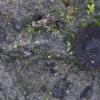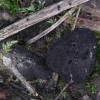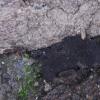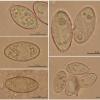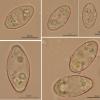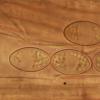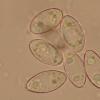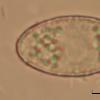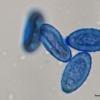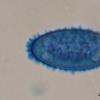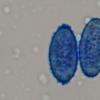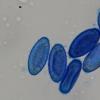
03-03-2026 20:34
 Miguel Ángel Ribes
Miguel Ángel Ribes
Good eveningThese small, amphora-shaped perithecia

01-03-2026 18:02
 Francois Guay
Francois Guay
I found this mystery Helotiales on an incubated le

28-02-2026 14:43
A new refrence desired :Svanidze, T.V. (1984) Novy

01-03-2026 18:46
 Robin Isaksson
Robin Isaksson
Hi! This species i se from time to time in the

27-02-2026 17:51
 Michel Hairaud
Michel Hairaud
Bonjour, Quelqu'un peut il me donner un conseil p

27-02-2026 16:17
 Mathias Hass
Mathias Hass
Hi, Found this on Betula, rather fresh fallen twi

01-03-2026 14:10
 Antonio Couceiro
Antonio Couceiro
Hola, me gustaria conocer opiniones sobre este tem
Little black Peziza (apiculate)
Zuzana Sochorová (Egertová),
27-08-2024 17:12
 Hello,
Hello,I would like to consult this little Peziza, which macroscopically resembles Plicariella scabrosa (especially when young).
There were 3 apothecia, 3.5-8.5 mm in diam., black, with a rough outer surface.
Ascospores (17) 18.6-21.2 (22.9) × (10.1) 10.3-11.6 (12.6) µm, Q = (1.6) 1.7-2; n = 32, Me = 19.8 × 10.8 µm; Qe = 1.8 (without orn.), ellipsoid to subfusoid, uninucleate. Ornamentation very variable, consisting of warts which partly anastomose; the poles are sometimes multiapiculate, spiny, or with ornamentation resembling a fish fin, while sometimes the warts are not higher than elsewhere on the spore surface. The height of polar ornamentation is mostly 0.5-1.5 µm, rarely up to 2.7 µm. I have never observed a spore with a single large apiculus, typical for Peziza apiculata.
Czech Republic - Moravia, 25 August 2024, on soil near a brook, on calcareous background (together with Melastiza flavorubens).
The best option I have found is Phaeopezia vagneri, but the spore size given in literature is somewhat larger. What do you think?
Zuzana
Nicolas VAN VOOREN,
27-08-2024 17:50

Re : Little black Peziza (apiculate)
I think Phaeopezia vagneri is the best hypothesis.
Zuzana Sochorová (Egertová),
27-08-2024 18:19

Re : Little black Peziza (apiculate)
Great, thank you very much for confirmation!
